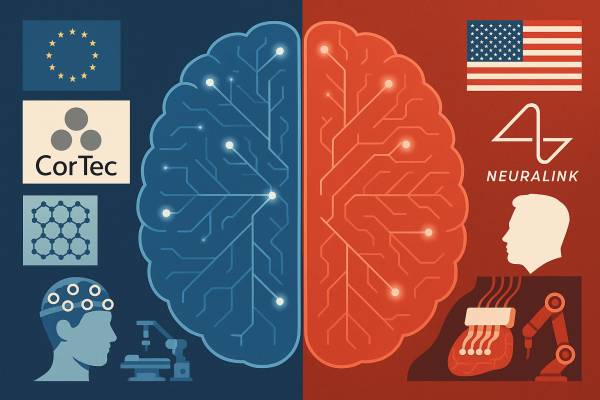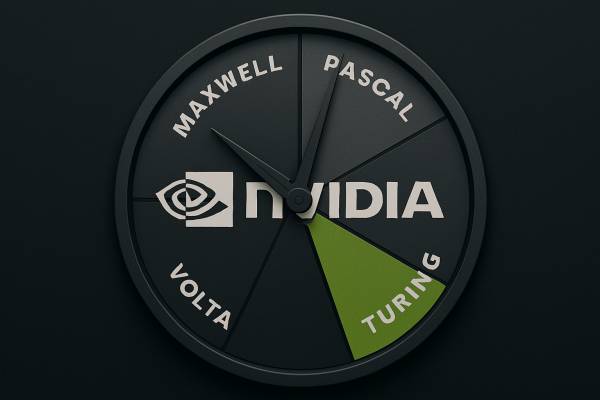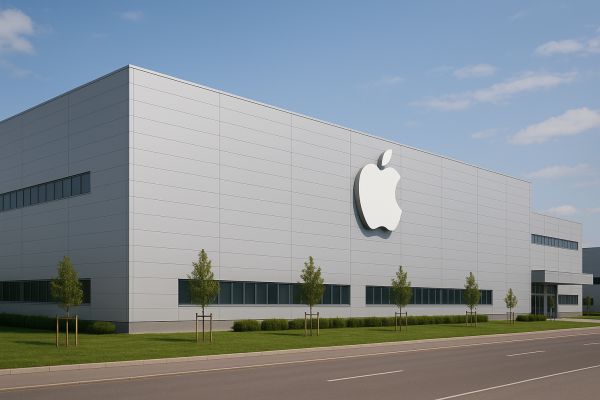Google’s antitrust trial is now under way, and Eddy Cue, Apple’s senior vice-president of services, has been called to testify. During his testimony, Cue made an unexpected and exciting remark: he suggested that in ten years, we might not need an iPhone—just as surprising as that sounds, it could follow the same path as the iPod.
Google v. Department of Justice (DOJ) is a landmark case that looks at Google’s power in the online search market. In 2024, a federal judge ruled that Google used illegal methods to keep its monopoly, mainly by paying billions of dollars to companies like Apple and Samsung so that Google would be their devices’ default search engine. Now, the court must decide what penalties or fixes to impose. The DOJ wants big changes—possibly forcing Google to stop these payments or even sell parts of its business.
Apple benefits a great deal from Google’s search deal: it is said that Google pays Apple about $20 billion a year to keep Google as Safari’s default search engine. Cue’s testimony is important because it shows how this deal affects competition, and it hints at how Apple might change if the court orders new rules.
At one point, Cue talked about how shifts in technology open the door to new competitors. Then he said, “You may not need an iPhone in ten years,” pointing out that real competition happens when the technology itself changes. In such times, the usual leaders can be overtaken, and fresh companies can rise quickly.

Today, we are in such a period because artificial intelligence has arrived with great force. It is giving new companies a chance to shine, and the biggest changes may still be ahead. We have already seen the first attempts at phone-independent AI assistants—though they are rough around the edges (think of the Rabbit R1), the process is underway. Sooner or later, a truly useful one should appear.
Meta is also working on AI-integrated smart glasses. Cue thinks that wearables like these could become the next big thing, and might push smartphones out of their dominant position.
For now, the iPhone is Apple’s main source of revenue—it makes up over half of the company’s sales. But Apple is already putting more development into robotics and wearables. It seems many at Apple agree that these areas could be the future. Of course, this is speculative—no one knows exactly what comes next. Remember how Microsoft once laughed at the iPhone when it first came out? Betting on the wrong technology is always a risk. Still, whether smartphones remain key for another ten years—or fade sooner—will depend on how these new technologies develop.






















